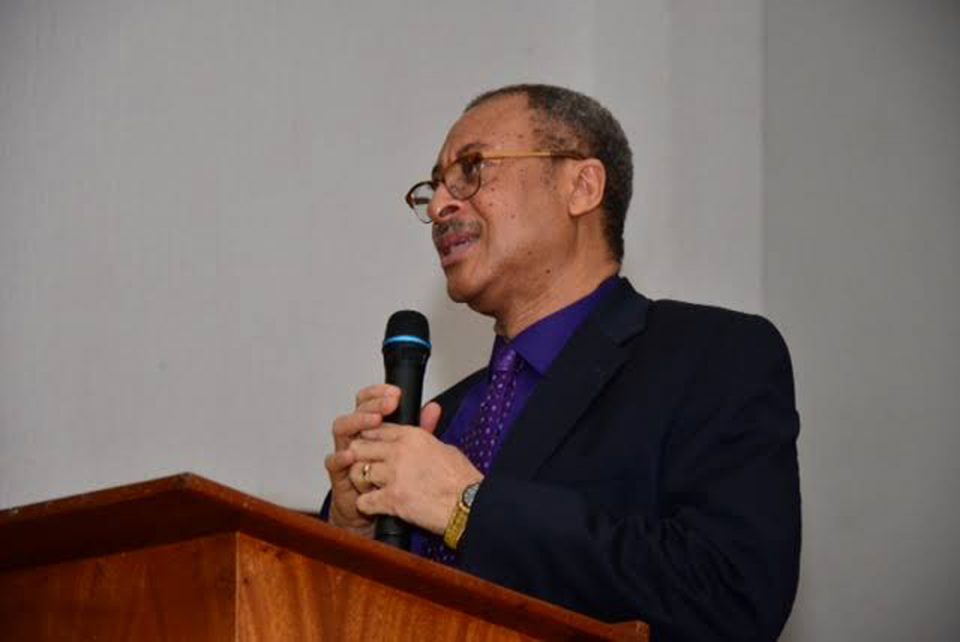Prof. Pat Utomi, a leading economist, has reiterated the importance of an efficient transport infrastructure in Nigeria.
Utomi spoke to newsmen on the sidelines of the on-going maiden National Transportation Summit in Abuja on Wednesday.
The summit was organised by the Chartered Institute Of Transport Administration of Nigeria (CIOTA).
According to Utomi, Nigeria lacks efficient transport infrastructure which has made it to lose relevance to smaller African countries.
“Logistics is so strategic that most development is based on the transport sector. China’s dramatic rise is down to the fact that they were able to turn around their logistic sector.
“Africa will not make the progress that it is destined to make unless Nigeria leads the flying geese.
“Nigeria is central to African development, but unfortunately, because we have not done something right in our transport sector, small countries are beginning to lead the way on the continent.
”We need to see a lot of investment coming into Nigeria’s transport infrastructure.
“People don’t go to a country where property rights are threatened. In Nigeria, Governor’s are revoking C-of-O’s that were approved by their predecessors.
“We are talking of properties that people have invested billions of Naira to build revoked due to political considerations. People don’t come to countries like that,” Utomi said.
Earlier, Prof. Innocent Ogwude, a former Acting Vice Chancellor, Federal University of Technology, Owerri, attributed vehicular congestion on Nigerian roads to narrow roads, inadequate land usage and pattern of city structures.
According to Ogwude, Nigeria has low vehicular ownership such that vehicular congestion ought not to have occurred in the country until year 2025.
He said: “For now, Nigeria’s transportation mode is vehicle dominated, and a lot of people are moving to the urban sections of the country.
”So as a result of this, there is a great need for careful planning of urban transportation.
“In Nigeria, car ownership is very low. According to research, vehicle ownership in Nigeria is about 0.6 per cent. Car ownership in Nigeria as at today is 0.5 per cent.
”Nigeria is expected to reach a saturation level for vehicle ownership in 2025 when ownership of vehicles will get to 0.73 per cent.
”Saturation level means a stage where the numbers of vehicles in a city becomes more than the capacity of roads in that city.
“However, despite the low vehicle ownership in Nigeria, our roads are already congested. Why is Nigeria having congestion on her roads? The reason is because Nigerian roads are narrow in the urban areas.”
Ogwude said the manner in which the Nigerian cities were structured and the condition of land use in Nigeria were other causes of congestion on our roads.
According to him, our land usage is concentrated in specific places, thereby forcing people to move towards such places enmass.




